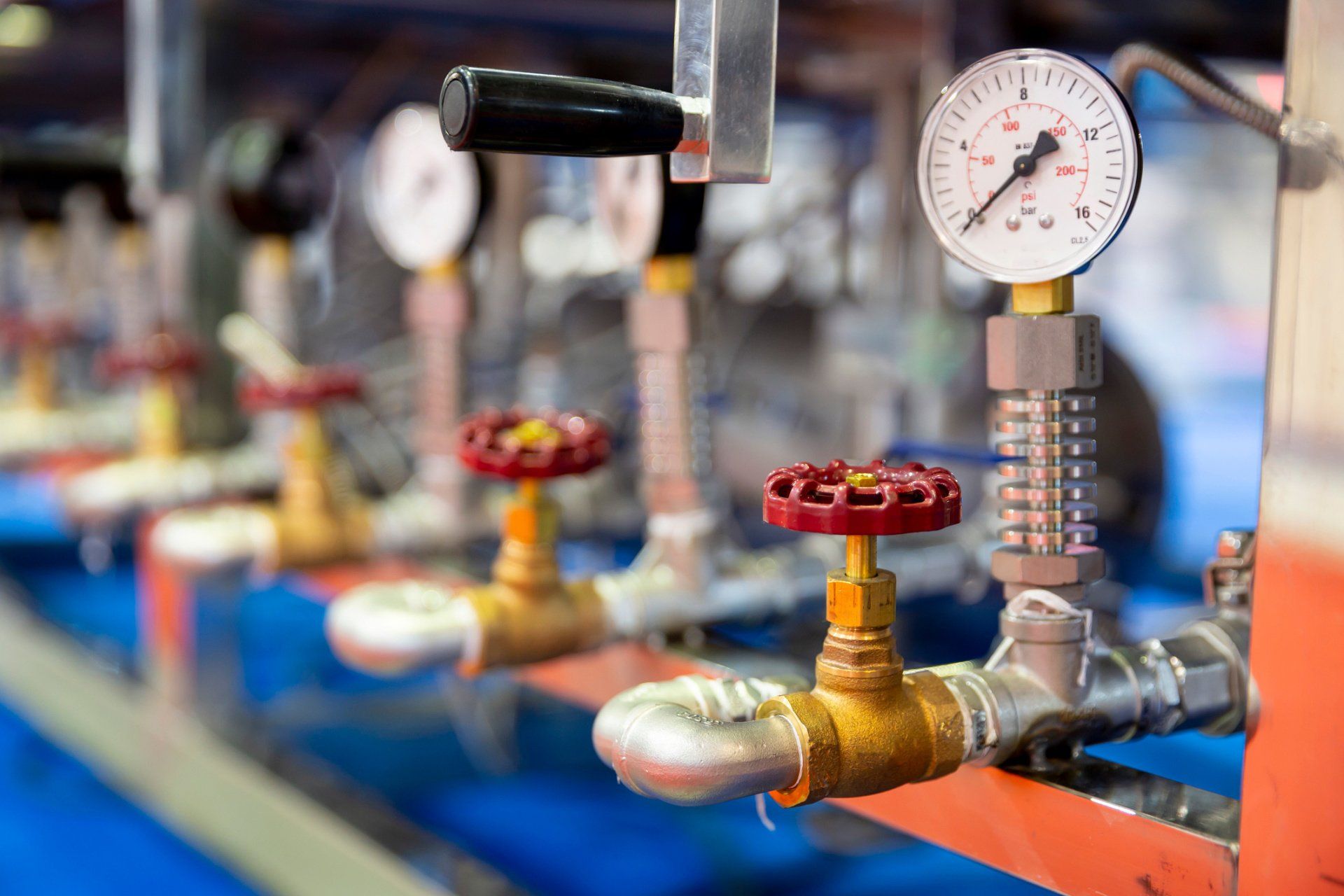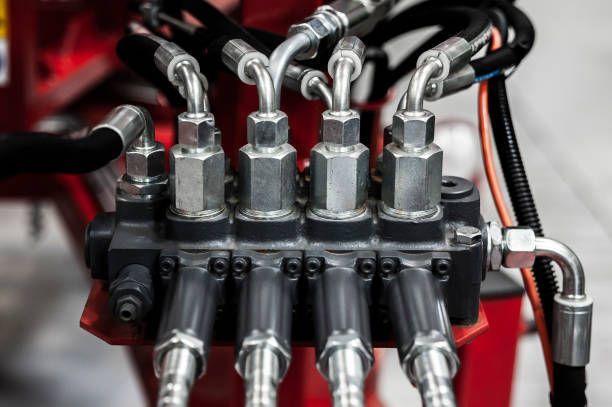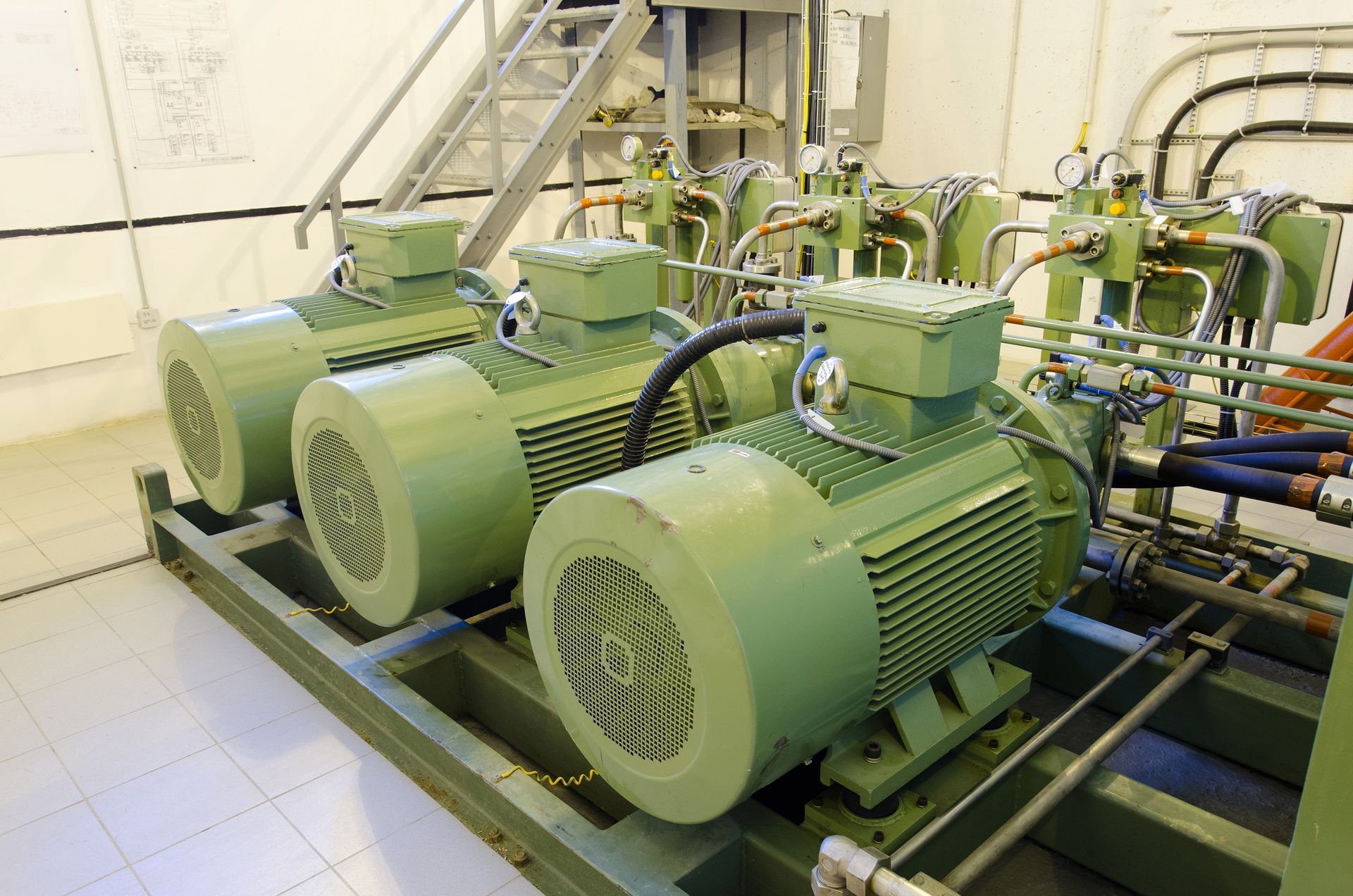3 Problems That Can Plague Your Hydraulic Fluid
Hydraulic fluid is the lifeblood of your
hydraulic system. This fluid performs many different functions as it travels
throughout the hydraulic system, including lubricating moving parts and
preventing corroding hydraulic components.
The quality of your hydraulic fluid can
have a direct impact on the performance and durability of your hydraulic system
over time. Anything that compromises a hydraulic fluid's ability to perform its
assigned duties efficiently could lead to a major mechanical problem down the
road.
Be aware of common problems that can plague your hydraulic fluid so that you can correct these issues before they compromise the health of your hydraulic system as a whole.
1. Contamination
A major problem that can wreak havoc on the performance of your hydraulic system is contaminated fluid. Air and water are two of the most common contaminants that find their way into your hydraulic fluid supply.
Water contamination will cause your hydraulic fluid to take on a milky appearance and impacts the lubricating properties of the fluid. Water in your hydraulic fluid could also limit the fluid's ability to prevent corrosion.
Air contamination can be just as detrimental to the performance of your hydraulic system. The air causes the hydraulic fluid to become more elastic, and it cannot be compressed properly. Hydraulic fluid contaminated with air will have a foamy appearance.
If you see signs of either air or water contamination in your hydraulic fluid, flush your system quickly to avoid lasting damage.
2. Cavitation
Cavitation is another problem that can affect your hydraulic fluid. Although it sounds like a complex issue, cavitation is actually a simple process.
Cavitation occurs when a rapid change happens in hydraulic fluid pressure. This rapid change causes bubbles, referred to as cavities, to form within the fluid. Minute shock waves are emitted whenever these cavities collapse. The metal components close to these collapsing bubbles can sustain serious damage as a result of exposure to the shock waves.
If you notice a sudden increase in noise during the operation of your hydraulic system or feel an increase in vibration, cavitation may be to blame. You can combat cavitation by reducing motor speed, lowering pump temperature, and installing an impeller inducer.
3. Aging
The hydraulic fluid that runs through your system can become less viable as time goes on. As the fluid ages, it loses its ability to perform the vital tasks required to keep your hydraulic system functioning properly.
Aging occurs when the chemical additives that enhance the performance of a hydraulic fluid begin to break down. As the additives become less effective, your hydraulic fluid becomes less effective as well.
Only buy as much hydraulic fluid as you need to fill your system so that you do not have to stockpile any extra. This will help you avoid using aging fluid in your system. You should also schedule routine fluid flushes to remove hydraulic fluid from your system before aging compromises its efficacy.
You take good care of your hydraulic equipment so that you do not experience any unplanned shutdowns or production delays. Dedicate the same level of care to your hydraulic fluid. Contamination, cavitation, and aging are all problems that originate within your hydraulic fluid but can eventually cause serious system failure if not addressed in a timely manner.
At Quad Fluid Dynamics, Inc., we have the expertise needed to repair any damage to your hydraulic components from compromised fluids. Contact us today to learn more about managing your hydraulic fluids effectively in the future. We look forward to speaking with you, answering all your questions and concerns, and meeting your hydraulic fluid and equipment needs.



